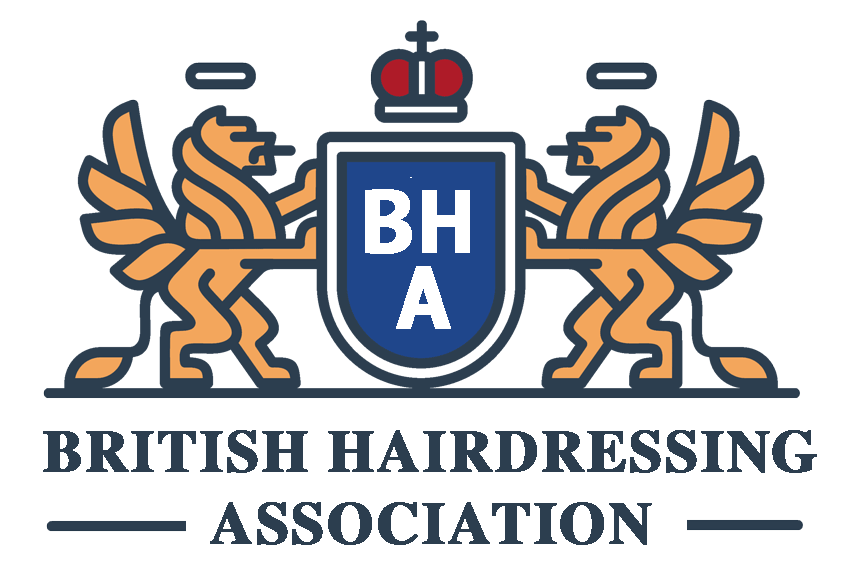Navigating UK Region-Specific Licensing and Certification Requirements for Hairdressers
When it comes to working as a hairdresser in the UK, navigating the region-specific licensing and certification requirements can be a daunting task. Each region in the UK may have its own set of rules and regulations when it comes to obtaining the necessary licenses and certifications to practice as a hairdresser. It’s important to understand the requirements in the region where you plan to work in order to ensure that you are compliant with the law.
Understanding the Different Regions
The UK is made up of four different regions: England, Scotland, Wales, and Northern Ireland. Each of these regions may have their own licensing and certification requirements for hairdressers. It’s important to research the specific requirements for the region where you plan to work in order to ensure that you are meeting all necessary criteria.
Obtaining the Necessary Licenses and Certifications
Before you can start working as a hairdresser in the UK, you will need to obtain the necessary licenses and certifications. This may include completing a recognized hairdressing course, obtaining a qualification from a nationally-recognized awarding body, and obtaining a license to practice from the relevant regional authority. It’s important to ensure that you have met all of the necessary requirements before you begin working in order to avoid any legal issues.
Staying Updated on Regulations
Regulations and requirements for hairdressers in the UK may change over time, so it’s important to stay updated on any changes that may affect your ability to practice. This may include attending additional training or obtaining new certifications in order to remain compliant with the law. Staying informed about any changes in regulations can help you avoid any potential issues with your licensure and certification.
Seeking Professional Advice
If you are unsure about the specific licensing and certification requirements for hairdressers in a particular region of the UK, it’s important to seek professional advice. This may include consulting with a legal professional or a professional organization that represents hairdressers in the UK. They can provide you with the guidance and support you need to ensure that you are meeting all necessary requirements.
Conclusion
Navigating the region-specific licensing and certification requirements for hairdressers in the UK can be a complex process, but it’s essential for ensuring that you are compliant with the law. By understanding the specific requirements for the region where you plan to work, obtaining the necessary licenses and certifications, staying updated on regulations, and seeking professional advice when needed, you can ensure that you are meeting all necessary requirements to practice as a hairdresser in the UK.


